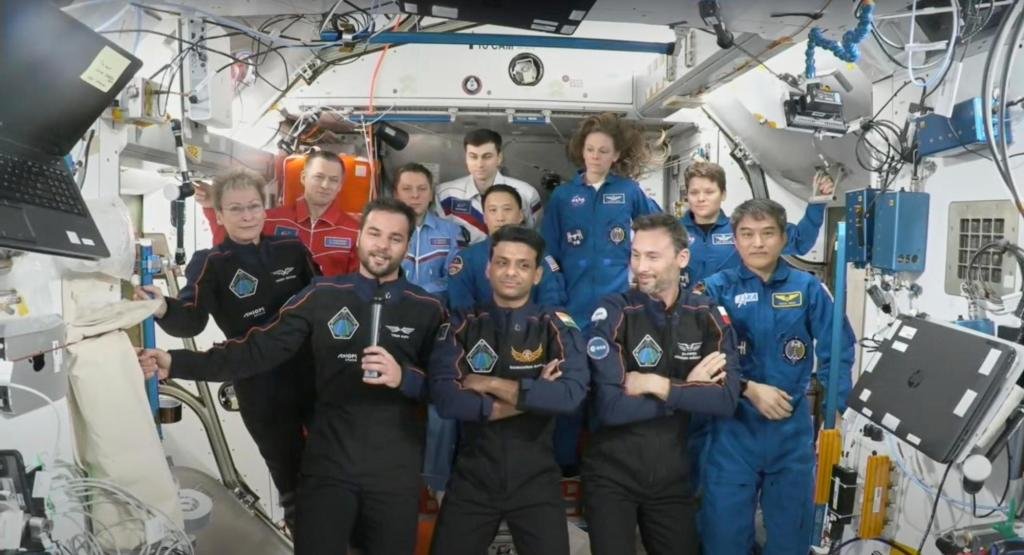Historic Private Spaceflight Marks New Era of International Collaboration in Space Exploration
In a remarkable milestone for global space exploration, a recent private spaceflight featuring astronauts from India, Poland, and Hungary returned safely to Earth after a successful mission aboard a SpaceX capsule. This voyage, which culminated in a Pacific splashdown near Southern California, is not only significant for the three countries involved but also represents a broader movement towards international collaboration in space.
A New Chapter for Astronauts from India, Poland, and Hungary
This mission marked the first time in over 40 years that astronauts from India, Poland, and Hungary had traveled to space, showcasing the growing accessibility of space for individuals from diverse backgrounds. The crew of four, which included Axiom’s Peggy Whitson—America’s most experienced astronaut—also comprised Shubhanshu Shukla from India, Slawosz Uznanski-Wisniewski from Poland, and Tibor Kapu from Hungary. Each of these countries contributed over $65 million for their respective seats on this historic journey. The astronauts’ successful return embodies a resurgence in space travel for nations that previously participated in space missions during the late 1970s and 1980s with the Soviet Union.
Mission Highlights and Experiments on the ISS
During their nearly three weeks in orbit, the astronauts conducted a variety of scientific experiments, contributing to international research efforts in microgravity. This work not only highlights the astronauts’ dedication to scientific advancement but also emphasizes the growing trend of private companies, such as Axiom Space, stepping in to conduct missions traditionally managed by government space agencies. Whitson, who has now accumulated an impressive 695 days across five missions, expressed gratitude upon splashdown, securing her legacy as a pioneer in human spaceflight.
Axiom Space’s Growing Role in Space Exploration
This mission represents Axiom Space’s fourth journey to the International Space Station (ISS) since 2022, further solidifying their position as a key player in the emerging commercial space industry. Their commitment to facilitating access to space for private entities aligns with NASA’s strategic goals, aiming to foster an environment where both businesses and individuals can participate in space exploration. As NASA prepares to retire the ISS by 2030, initiatives like Axiom’s are critical for developing alternate pathways for future missions.
The Future of Space Stations
As the ISS reaches the end of its operational life, the importance of developing new space stations becomes increasingly evident. Axiom Space is among several companies actively working on their own modular space stations that could carry the torch for ongoing human exploration beyond low Earth orbit. This shift presents numerous opportunities for scientific research, education, and commercial endeavors, paving the way for a new era of discovery and innovation.
Conclusion: A Transformative Moment in Space History
The successful splashdown of this pioneering crew marks a transformative chapter in space travel, one that not only honors the contributions of astronauts from various nations but also demonstrates the potential of commercial partnerships in this realm. As more countries and private companies invest in space exploration, the trajectory toward a more inclusive and collaborative future looks promising. This journey is not merely a celebration of individual accomplishments; it is a testament to the pioneering spirit that drives humanity to explore the unknown. With sights set on Mars and beyond, the legacy of this mission will undoubtedly inspire future generations of astronauts, scientists, and dreamers from around the world.





